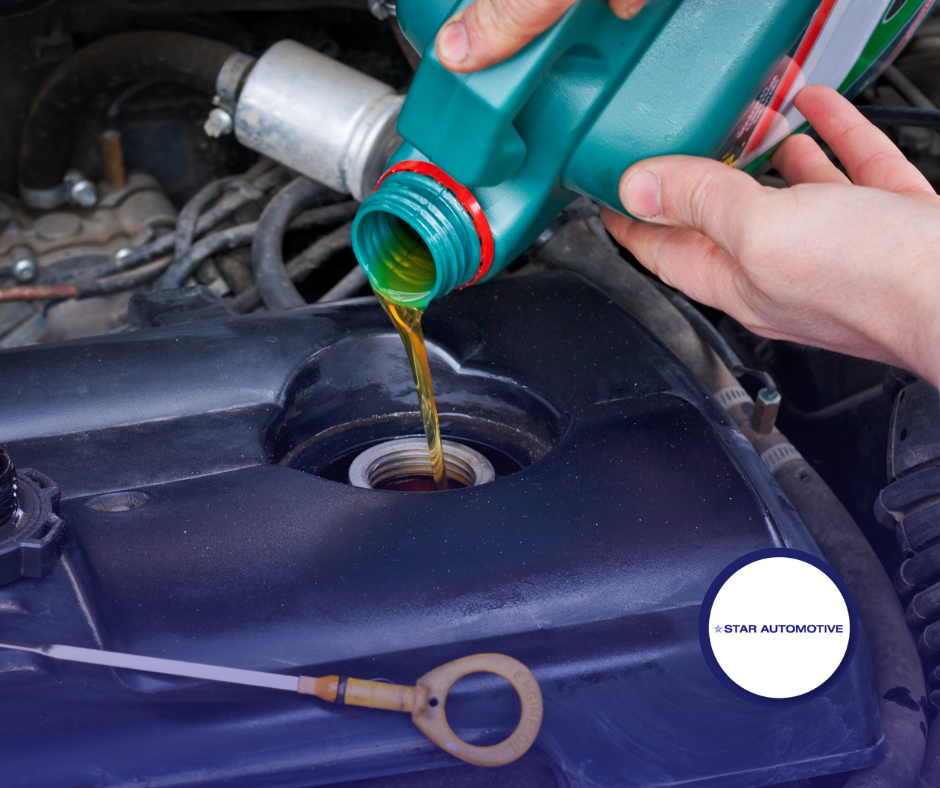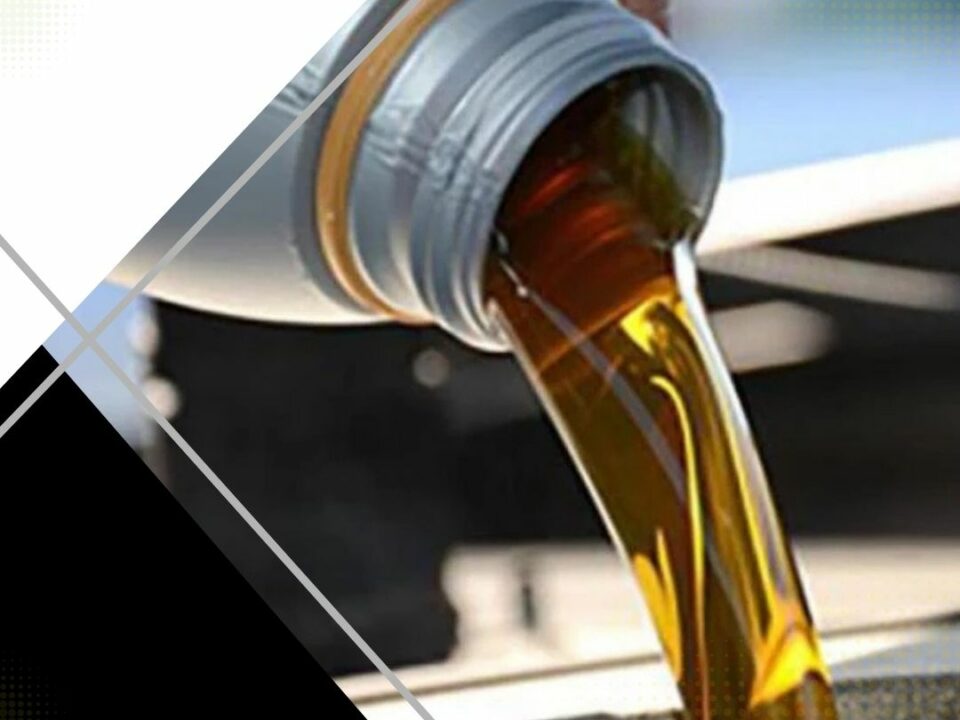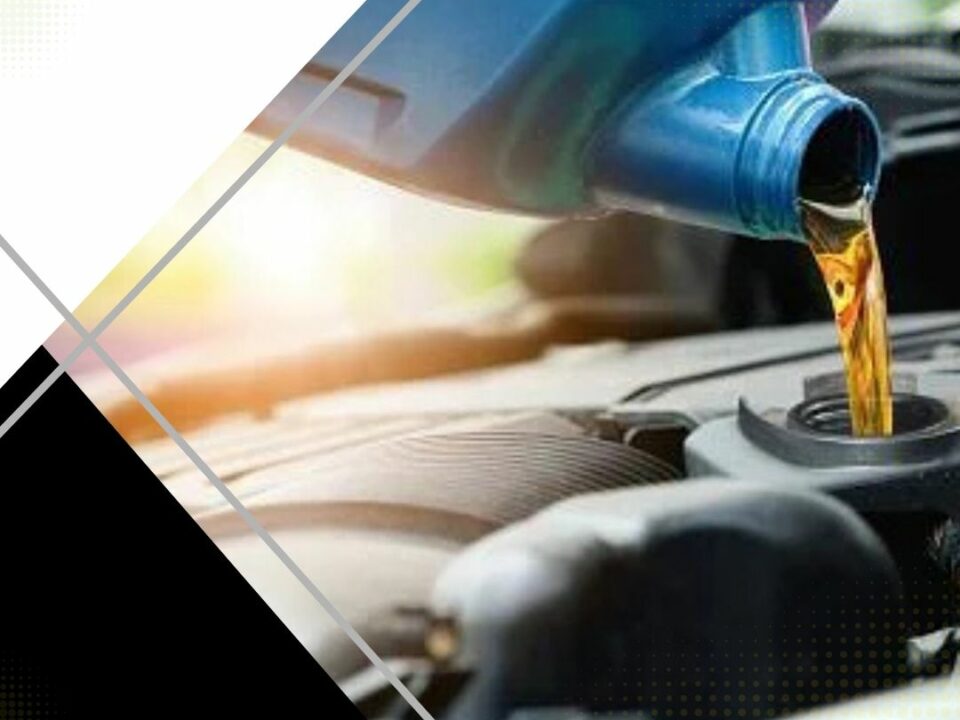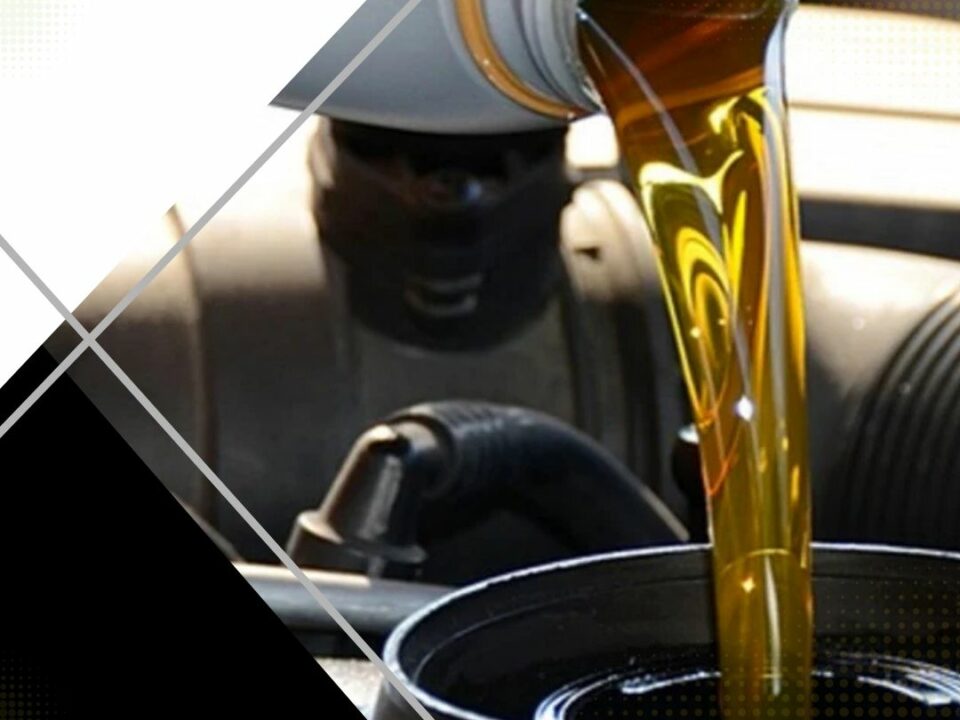
Beyond the Basics: Advanced Insights into Oil Change Procedures
December 4, 2023
The Environmental Angle: Oil Changes and Eco-Friendly Practices
December 4, 2023Regular oil changes are a cornerstone of preventive maintenance, crucial for extending the life of your vehicle and optimizing its performance. This article delves into how routine oil maintenance can be a cost-effective strategy for vehicle care, ultimately saving money and preventing future issues.
The Vital Role of Engine Oil in Vehicle Health
Understanding Engine Oil Functionality
Engine oil is more than just a lubricant; it plays a multi-faceted role in ensuring your engine runs smoothly. It reduces friction, minimizes wear, and helps in cooling engine components. Over time, oil degrades and loses its efficacy, making regular oil replacements essential for engine health.
Cost Benefits of Regular Oil Changes
Preventing Costly Repairs and Enhancing Longevity
Regular oil changes prevent the build-up of harmful deposits and ensure moving parts are adequately lubricated. This preventive measure can significantly reduce the likelihood of expensive engine repairs, which often cost much more than routine oil service.
Optimizing Oil Change Intervals for Maximum Benefit
Timing Your Oil Changes Right
Understanding when to change your oil is key. While the traditional advice was every 3,000 miles, modern vehicles and advanced oil types often allow for longer intervals. Adhering to the recommended oil change schedule specific to your vehicle type and usage pattern is crucial.
DIY vs. Professional Oil Changes: A Cost Analysis
Cost-Effectiveness of DIY Oil Changes
For those inclined to DIY, changing your oil can be more cost-effective than professional services. This section covers the basics of DIY oil changes, including the tools needed and the steps involved.
Environmental and Economic Impacts of Oil Choices
Choosing the Right Oil: Economy and Ecology
The type of oil you use can impact both the environment and your wallet. Synthetic oils, while more expensive upfront, can lead to fewer changes over time and better engine performance. This part explores the long-term economic and ecological benefits of various oil types.
Conclusion
Embracing regular oil changes as part of your vehicle’s preventive maintenance routine is not just about keeping the engine running; it’s an investment in your vehicle’s longevity and your financial well-being. By understanding the importance of timely oil changes and choosing the right oil for your car, you can save on future repair costs and contribute to sustainable driving practices.




